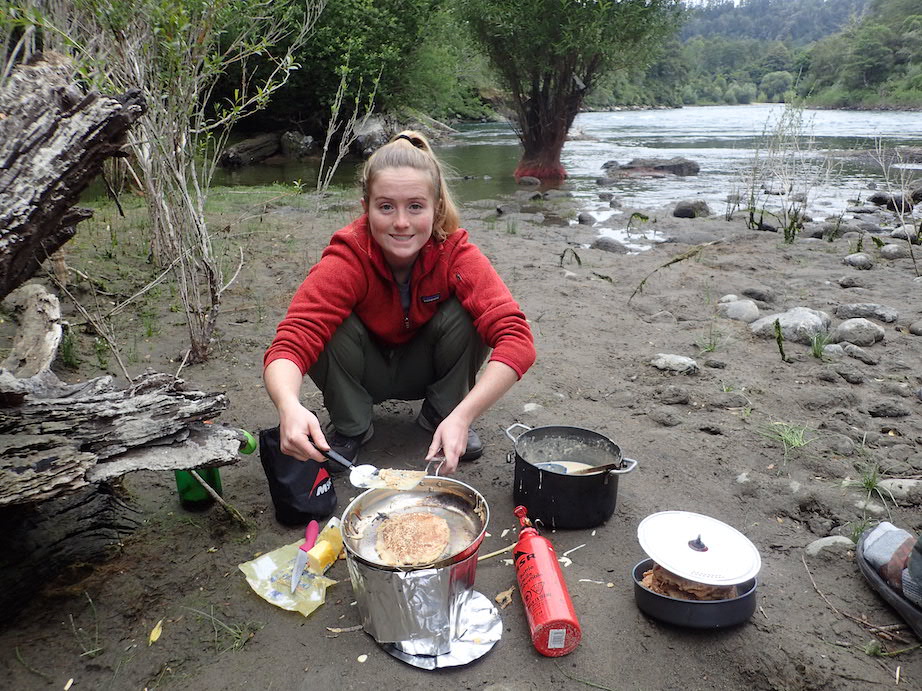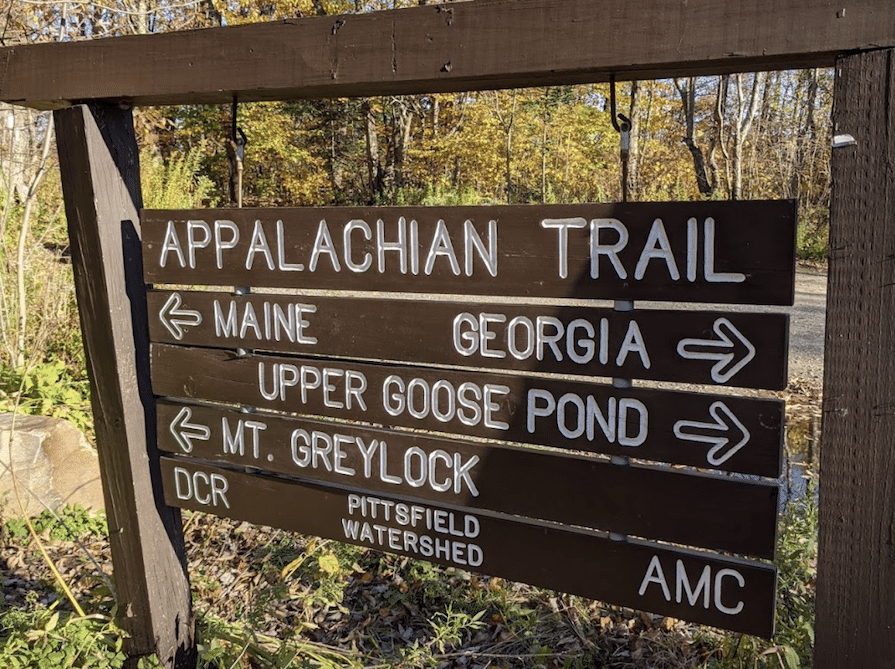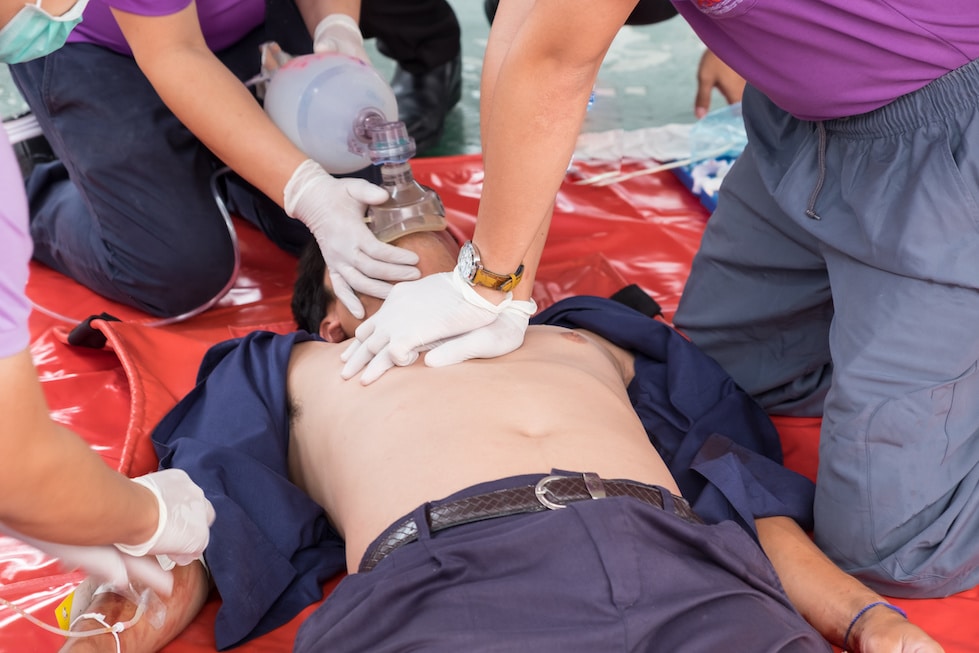Making Dehydrated Delicious: 4 Quick Backcountry Recipes
Wilderness CookingHere at The National Center for Outdoor & Adventure Education, we’re known for bringing gourmet meals to the wilderness. And since we carry all our food either on our backs or in our boats, we try to pack ingredients that begin in their lightweight dehydrated form. That makes for an easier time on the trail, and it leaves room in our packs for fresh vegetables and fruit to mix things up.
Meals in the backcountry offer a variety of options — from meat and grains to fresh baked bread and pizza made from scratch. Our students learn to cook meals on the trail, often developing cooking skills that they can bring home to the front country.
Here are some our staff members’ and students’ favorites from the trail that you might want to prep and cook on your next outdoor adventure:
Blueberry Pancakes
Who doesn’t like pancakes first thing in the morning? This trail-proven recipe is sure to get your day started on the right footing. Blueberries, after all, are more than just sweet and nutritious — they’re also known to play a role in reducing muscle damage, especially after strenuous exercise.
(more…)Tales from The Trail: The ‘Cookie Lady’ of the Appalachian Trail
InspirationThere are always lessons to be learned on the trail, and they aren’t always related to building a campfire, setting up a tent, or leaving your campsite cleaner than when you arrived.
Some of these are life lessons that fall in the category of treating others as you would like to be treated and adhering to the principles of human kindness. Take, for instance, an experience I had while hiking along a stretch of the 2,200-mile Appalachian National Scenic Trail, or simply, the AT.
For days, I kept running across hikers along a Massachusetts section of the AT, and often during our short conversations, they would tell me stories about a “Cookie Lady” on up the trail. It got to the point where it seemed every other hiker told me, “You just gotta stop at the “Cookie Lady’s” house. Best cookies ever!”
Then these thoughtful fellow travelers would painstakingly give me directions to a blueberry farm just off the trail in western Massachusetts. It seems Marilyn Wiley, along with her husband Roy, owned the farm in rural Washington, Mass., that had several outbuildings, including one with what appeared to be storing a small airplane.
And since buying the place back in 1983, Marilyn Wiley would walk out front and hand out her scrumptious cookies to blueberry pickers and hikers passing her farm on the Appalachian Trail.
A few days into that part of my trek, I found myself approaching a country road in western Massachusetts in search of (more…)
Mental Health Issues for Emergency Medical Technicians
EMT TrainingBecoming a full- or part-time Emergency Medical Technician requires extreme and rigorous training, and it’s not a career choice to be taken lightly. That’s because emergency medical responders encounter patients in life-threatening situations, ranging from traumatic incidences of cardiac arrest and auto accidents, to drownings to drug overdoses.
EMS techs like the ones we train here at The National Center for Outdoor & Adventure Education work for hospitals, municipalities, and fire departments, and often provide emergency assistance in everyday urban areas as well as at ski areas, throughout the backcountry, at sports events, and even on offshore oil rigs. As a result, those who choose to become EMTs face high-stress situations daily, often dealing with patients who have just suffered a life-changing trauma.
Long shifts in an emergency department or in the back of an ambulance can take a toll, as well poor sleeping habits to due irregular working hours and poor eating habits because of the on-the-run nature of the profession. To make things worse, there’s a stigma attached to EMTs that purports a higher rate of mental health disorders than other occupations, including an increased risk of depression, suicidal thoughts, and a higher rate of substance abuse.
Which is why it’s important that those working in emergency medical services avoid burnout and take care of themselves so that they can continue to support the communities they serve.
Here are some things you can do to take care of yourself as an EMT: (more…)
TALK TO US
Have any further questions about our courses, what you’ll learn, or what else to expect? Contact us, we’re here to help!


